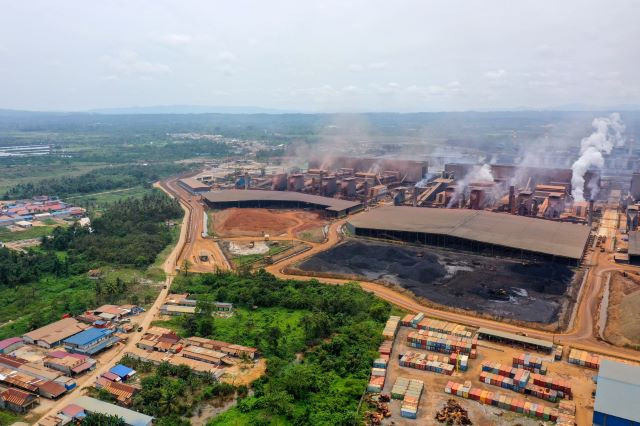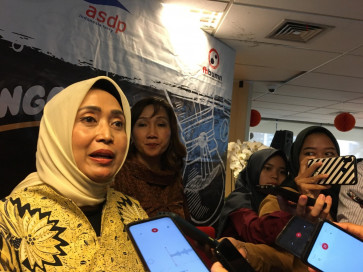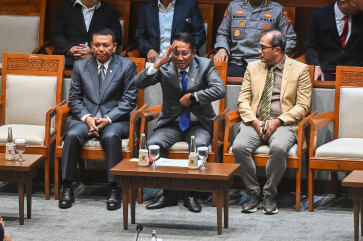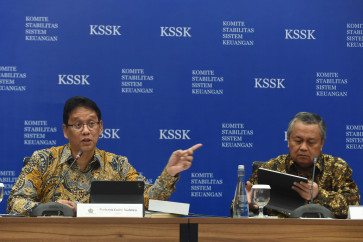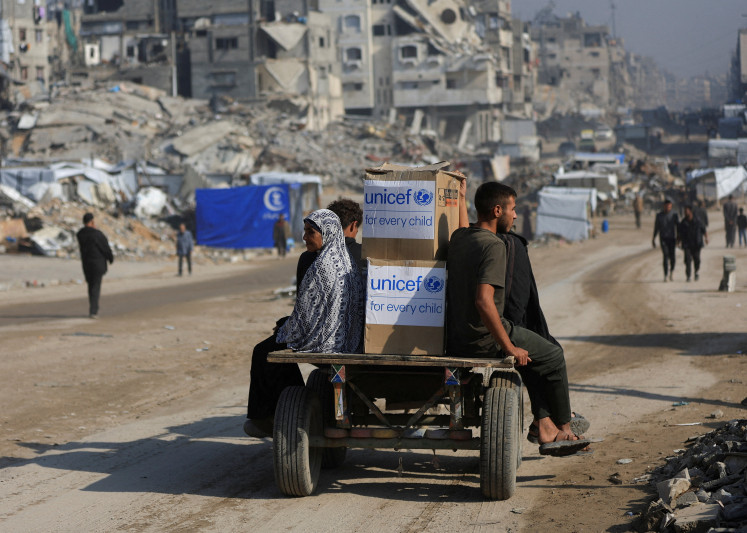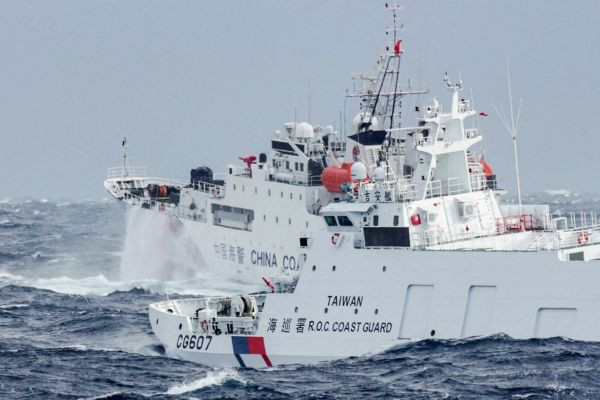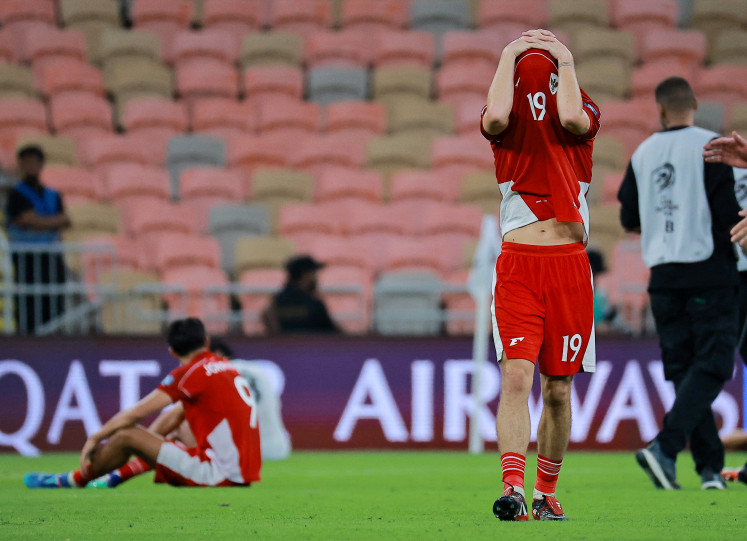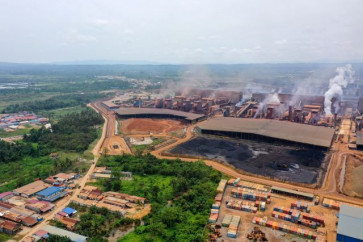Popular Reads
Top Results
Can't find what you're looking for?
View all search resultsPopular Reads
Top Results
Can't find what you're looking for?
View all search resultsIMF, WTO criticisms, nickel-plated colonialism
Sadly, many people in the former colonized countries are also proud when they can wear branded names.
Change text size
Gift Premium Articles
to Anyone
T
he International Monetary Fund and World Trade Organization recently criticized President Joko “Jokowi” Widodo’s export policy, which bans the export of unprocessed nickel.
Indonesia has the largest nickel reserves, about 52 percent of the world's total. However, since Jokowi implemented the downstreaming policy, exports of raw nickel have been prohibited. Downstreaming is Jokowi's strategy to increase the added value of Indonesian commodities.
Downstreaming means that the exported materials are no longer raw but have become semi-finished goods. In other words, Indonesia no longer ships natural wealth per se but processes these raw materials domestically. In this way, new jobs can also be created in the country.
However, the European Union has protested Jokowi's policy, because it believes the ban will harm the EU’s world-class stainless-steel industry. Indonesia however remains adamant.
So, in 2019, the EU asked the WTO to mediate on this issue. The panel confirmed the EU's claims that Indonesia's actions were inconsistent with WTO rules on free trade. However, Richard Peet, the author of Unholy Trinity: The IMF, World Bank and WTO, has stated how the WTO in theory fights monopoly but in practice opens up the markets of countries in the Global South for the benefit of countries in the North.
Peet's argument is evidenced by the WTO's intervention in Indonesia’s ban on nickel exports. Indeed, since the time of colonialism, raw materials have been sought after by imperialist countries. These raw materials were then processed by countries in the North, and these processed goods were sold in the colonies, usually at inflated rates. In this way, the colonized countries would become dependent on their colonizers.
After these countries became independent, economic oppression continued. By exploiting natural resources from former colonial countries, a similar system is thus maintained: the former colonies are made dependent on processed materials from Western countries. In other words, "economic colonization" is still ongoing in several sectors. And this economic colonialism can be called neo-colonialism.

